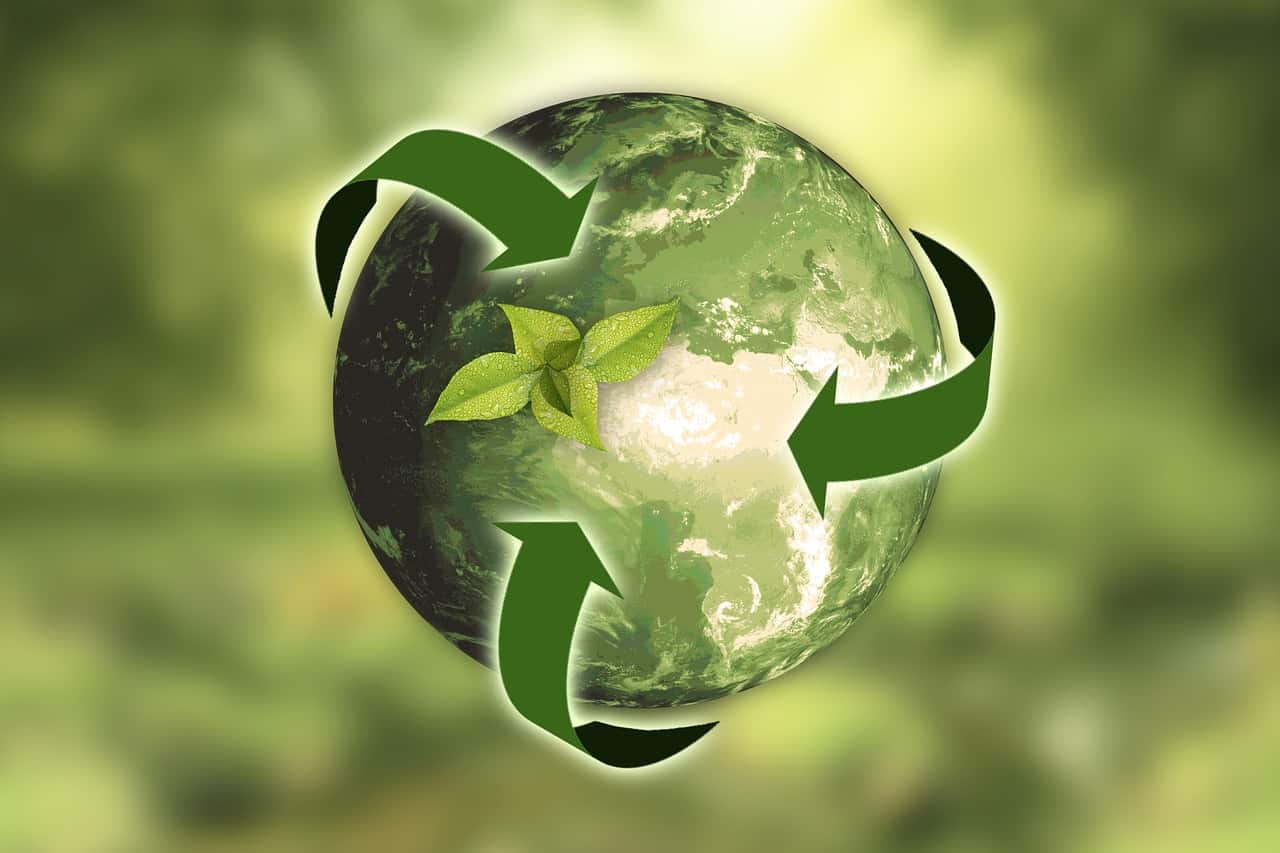With plastic being one of the most controversial topics of late, many have been looking at their own usage and evaluating alternatives. From ditching plastic straws to plastic bags, the reduction of plastic in place for the near future is huge. However, recent reports show that the UK has the potential to work in a far more circular manner, with an estimated three-quarters of the UK’s plastic demand able to be catered for through recycled products.
A report from the Green Alliance reported that a shocking 9% of plastics are recycled domestically, leaving the vast majority heading for landfill or to other unwanted areas. If this figure was substantially increased, it is estimated that 71% of the raw material needed for plastic products could be sourced through recycled materials. This would not only benefit the environment, but also the UK economy.
For this to be possible, it would require the implementation of greater recycling services. For example, only around 19% of local authorities provide recycling service for plastic films such as polyolefin shrink wrap packaging. This specific type of packaging is essential to many forms of food to avoid cross-contamination, extend shelf life and retain quality; something which proposed alternatives, simply would not match. As the pressure on consumers and businesses alike rise, it is with the higher powers in the UK to take steps to increase the availability of recycling for certain products, making it accessible to all and reducing the amount of plastic heading to landfill each year.
Libby Peake, a Senior Policy Advisor on Resources at Green Alliance commented: “If the UK wants to lead the world in addressing the global scourge of plastic pollution that means creating a circular economy at home that allows us to turn discarded plastics back into new products. Just collecting plastic and shipping it abroad doesn’t solve the problem.”
From a business, domestic and government perspective it is essential that steps be taken towards creating a brighter future. However, the issues don’t stop at plastics, as recycling availability needs to be increased for many other products too such as low-value steel, iron and cobalt.
Colin Church, from the Circular Economy Task Force, added: “There are currently some significant failures, in resource terms, in the way plastics are used and managed at the end of life stage. Tackling this will require action from all of us – designers, manufacturers, retailers, consumers and resource managers. The resource and waste management sector is more than ready to play its part, but it cannot act alone. It needs the right policy framework and the right partnerships to allow it to bring its skills, energy and imagination to bear.”
While biodegradable shrink wraps and other plastics are still in the development stages, this is a solution that if implemented rapidly and effectively, could change the way we consume and recycle in the long term. Making the most of the products we have, alongside the advanced technologies available today, a brighter future is within our reach.



